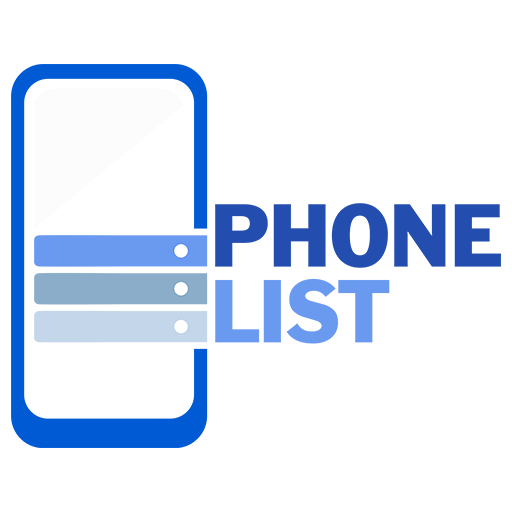WhatsApp, the popular messaging app that WhatsApp has revolutionized how people communicate globally, has been a subject of speculation and rumors regarding its ownership. Over the years, WhatsApp has faced numerous challenges and milestones, but one of the most significant rumors that stirred the tech world was the possibility of WhatsApp getting sold. In this blog post, we will delve into the rumors, facts, and the real story behind WhatsApp’s alleged acquisition. WhatsApp found itself in the midst of acquisition rumors.
The Whisperings of a Potential Acquisition
Since its inception in 2009, WhatsApp India WhatsApp Number List rapidly gained popularity for its simplicity, cross-platform capabilities, and end-to-end encryption, attracting millions of users across the globe. With its tremendous user base and the growing potential of messaging apps as a lucrative market, it wasn’t surprising that WhatsApp found itself in the midst of acquisition rumors.
The rumor mill was set in motion when tech enthusiasts and media outlets reported talks of major tech giants showing interest in acquiring WhatsApp. Companies like Google, Facebook, and Microsoft were acquisition rumors frequently mentioned as potential buyers. Speculations ranged from possible integration of WhatsApp into existing platforms to leveraging its vast user data for marketing purposes.
The Truth Unraveled
As with many rumors, the truth behind BTOC Database WhatsApp’s acquisition talks was a mix of fact and fiction. While it is true that WhatsApp had discussions with various tech companies about. Potential partnerships and collaborations, the notion of a complete sell-off was not entirely accurate.
In February 2014, Facebook, led by its ambitious CEO Mark Zuckerberg, announced its. Intention to acquire WhatsApp for a staggering $19 billion. This move was widely seen as Facebook’s attempt to tap into the mobile. Messaging market and extend its dominance in the social media space. The deal was finalized later that year, making WhatsApp a subsidiary of Facebook while. Allowing it to maintain a certain level of autonomy.
WhatsApp’s co-founder, Jan Koum, reassured users that the core principles of the app. Such as its no-ads policy and commitment to user privacy. Would remain unchanged despite the acquisition. This promise was kept initially, as WhatsApp continued to operate independently for some time.







